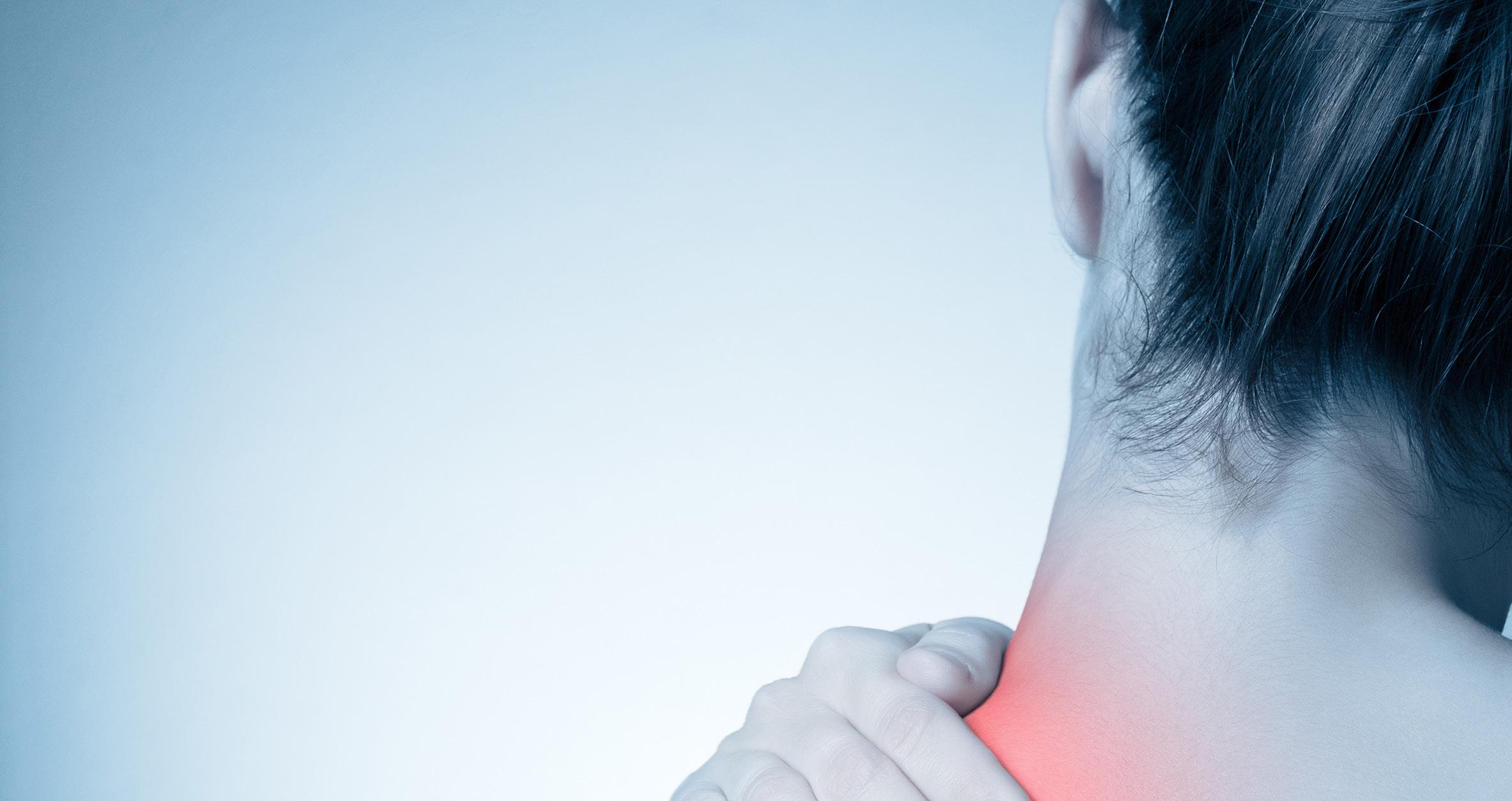
7 minute read
PCOS
Getting Started on KETO
It’s helpful to “buddy up” when starting Keto. Adopting the Keto lifestyle with a partner or friend allows you to share, learn from and support each other. Many of our client couples go Keto together and find they are both happier and healthier. When it comes to fertility, both the man’s and woman’s health are important and play a role in conception.
And you don’t have to go 100% Keto cold turkey. It’s okay to take baby-steps and gradually incorporate the Keto lifestyle into your everyday living. Start by decreasing your carb intake and cutting out sugar. Consider eliminating all processed foods from your diet. If it comes in a bag or a box, it’s processed. A good pantry and refrigerator clean-out can help reduce temptation. Donate unopened boxes and bags to your local food pantry. Then re-stock your refrigerator with real food, the way nature made it: fatty meats, poultry, and seafoods. Avoid foods with preservatives and coloring, both of which can be detrimental to our health. Buy organic when possible and grass-fed beef. Farmers markets are a great place to find locally grown/raised foods.
And don’t expect to be perfect. None of us is. You will have days when you don’t stick to your goals and you make bad food choices— you have a glass of wine with a friend or eat a couple French fries. That’s okay. Just get back on track and stay focused. The good news is that a keto diet is generally more fulfilling than one heavy in carbs and sugar.
Fats are filling. Even though you are eating less, you will feel fuller faster and not get hungry as fast because your sugar levels aren’t on a roller coaster anymore.
GETTING STARTED ON KILTZ’S KETO: 1. Get rid of all sugar—any type.
2. Get rid of all grains – wheat, corn, rice, oats.
3. Get rid of all hydrogenated or partially hydrogenated oils (e.g. vegetables oils) – canola oil, grapeseed oil, corn or sunflower oil, and most vegetable oils contain Polyunsaturated fatty acids (PUFAs) and are very inflammatory. These should be eliminated (or kept to a minimum like peanut or sesame oil).
4. Get rid of all fruits, vegetables, and fiber.
5. Eat the FAT! Add full-fat heavy cream to your coffee. Eat rib-eye steak, fatty bacon, eggs, and butter. Don’t trim the fat, eat it!
6. Practice Intermittent Feasting - 1-2 meals a day spaced out
Making the decision to go keto can seem overwhelming at first. You wonder, “Where do I even begin?” Fortunately, there are lots of resources to reference: websites, articles, books, cookbooks, etc. At CNY Fertility, we are very fortunate to have Keto-expert Maria Emmerich as a CNY Fertility special consultant. Her books, website, blogs, and seminars are a priceless resource for anyone wishing to boost fertility and achieve countless other health benefits by going keto.
MARIA EMMERICH is a wellness expert in nutrition and exercise physiology.
She has a passion for helping others reach their goals of optimal health. She struggled with her own weight throughout childhood and decided enough was enough. She decided to study health and wellness so she could help herself and others stop wasting time feeling discouraged with their outward appearance and not feeling their best mentally. Maria is an international and best-selling author of several books and cookbooks. She understands the connection between food and how it makes us all feel on the inside and out and shares answers to lots of nutrition questions at her website www.mariamindbodyhealth.com.
Maria’s Books
Other Resources:
Dietdoctor.com Livinlavidalowcarb.com
Kendberrymd.com
READ MARIA’S NEWEST BOOK Our diets have drastically changed due to the invention of agriculture around 7,000 years ago. Carnivore Cookbook explores what our bodies were really designed to digest and gives compelling evidence that we were designed to be primarily meat-eaters.

You’ll learn why all plants come with a downside. Antinutrients are chemicals and compounds that act as natural pesticides or defenses for the plants against being eaten. Maria explains how antinutrients can rob your body of minerals and other nutrients and lead to autoimmune issues and leaky gut. There is even a protocol for healing autoimmune issues called the Carnivore Autoimmune Protocol: a detailed system for stepping you through the various levels of carnivorous eating to find the point where your body responds best and is symptom free. You will also learn which foods are the highest in nutrient density to help your body heal.
Medicines for Treating Inflammation

Inflammation is the cause of all of our diseases. Infertility is just another list of diseases caused by acute and chronic inflammation. Whether it’s a bug—a microorganism—or it’s due to glucose and glycation or other phytochemicals or plant antigens that actually damage and create an inflammatory response from our own body, we don’t yet know.
Exactly why it happens in the uterus, tubes, ovaries or in the male reproductive organs, we’re not completely sure, but it likely has to do with blood flow that deposits these microorganisms or plant phytochemicals and antigens in those areas. Plus, it’s secondary to the excessive heat in the G.I. tract—the colon and small intestines. As the fermentation of these particles (fruits, fibers, vegetables) occurs, it creates an exothermic reaction which heats the local organs and damages all of them. Inflammation is the body’s reaction to these insults.
We’re constantly looking for ways to reduce inflammation. Reducing the quantity of plant molecules you put into your body as food and reducing the heat in your body by slowing it down can help.
Recently, we have achieved success treating inflammation pharmacologically with low-dose steroids like Prednisone, Humira, and intravenous immunoglobulins and intralipids, which are made up of egg protein and soy fat. The fat appears to be a successful method of reducing the inflammation in our bodies. We also use aspirin, NSAIDs, steroids, and antibiotics. Using low dose naltrexone and CBD oil or Cannabidiol in conjunction with acupuncture, massage, meditation, light therapy, and visualization is beneficial as well.
LOW DOSE NALTREXONE (LDN) Because infertility may be due to the immune system’s overreaction to one’s own hormones, we may try prescribing low dose naltrexone (LDN). LDN is a therapy that has shown promise in a variety of health issues including infertility. Although originally developed decades ago for the treatment of heroin/opioid addiction because of its ability to bind with opioid receptors in the brain thereby blocking the effects of the drugs, it was discovered that in very low doses, naltrexone was helpful in treating autoimmune disorders, HIV/AIDS, cancer, and central nervous system disorders. Because it can balance and regulate the immune system without over-stimulating it, any condition that involves immune dysregulation may benefit from LDN. Since auto-immunity is a potential cause of infertility, LDN therapy is a useful treatment option.
In lower doses, naltrexone still causes a very mild blockage of endorphin receptors throughout the body. The body’s response to this binding is to compensate by increasing production of endorphins and enkephalins (our natural opioids). The brief blockage every night appears to be enough to effect a prolonged change in many aspects of the immune system and increases the body’s ability to heal itself. In addition to treating Lyme disease, fibromyalgia, chronic fatigue syndrome, multiple sclerosis, Parkinson’s, Hashimoto’s thyroiditis, Crohn’s disease, autism, and rheumatoid arthritis, LDN can also be helpful for depression because of its endorphin-boosting effect.
LDN boosts the immune system, the mechanism for which we do not entirely understand. LDN makes the immune system begin working at optimum levels again which includes the correction of the many imbalances which plague our body. Studies have also helped to uncover some relationships between the immune system, the hormonal imbalance of the body and the problems experienced by women with PCOS and infertility in general. In the treatment of infertility, the goal is to stop any process in the body where the immune system is attacking its own tissues, which could hinder the fertility process, thereby improving one’s ability to get (and stay) pregnant.
TAKING LDN Patients who are prescribed LDN typically begin taking 1.5 mg – 4.5 mg by mouth once daily at bedtime. Although LDN is noted for being side-effect free because it stimulates the body’s own mechanisms, there are clients for whom it is not well-suited, especially those being treated for addictions. LDN should not be used if you are taking Methotrexate or any narcotics. Some people do report vivid dreams, sleep disturbances, nausea (usually for the first 2 weeks), dizziness, headache and mild dry mouth, but sleep issues typically resolve themselves spontaneously. It is recommended that patients take LDN prior to beginning a cycle and continue, when recommended, throughout pregnancy. It will be temporarily stopped 4 days before oocyte retrieval and resumed the following day.











